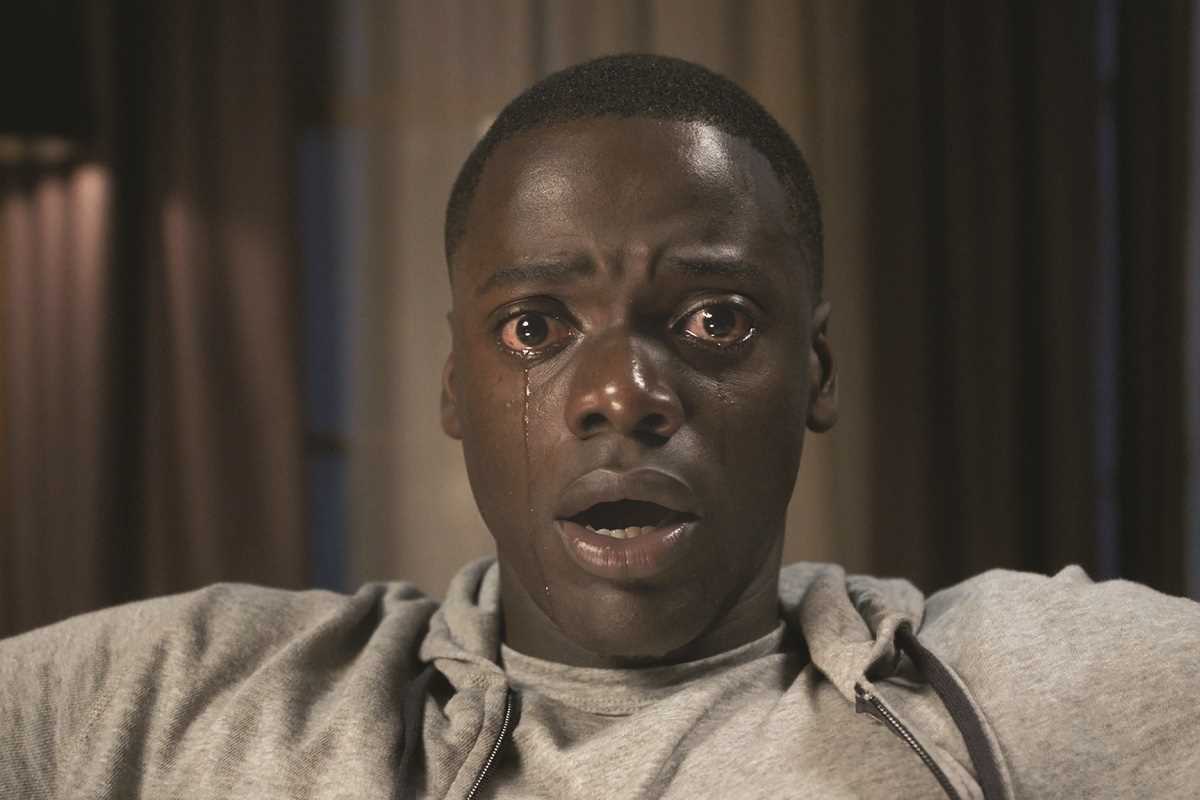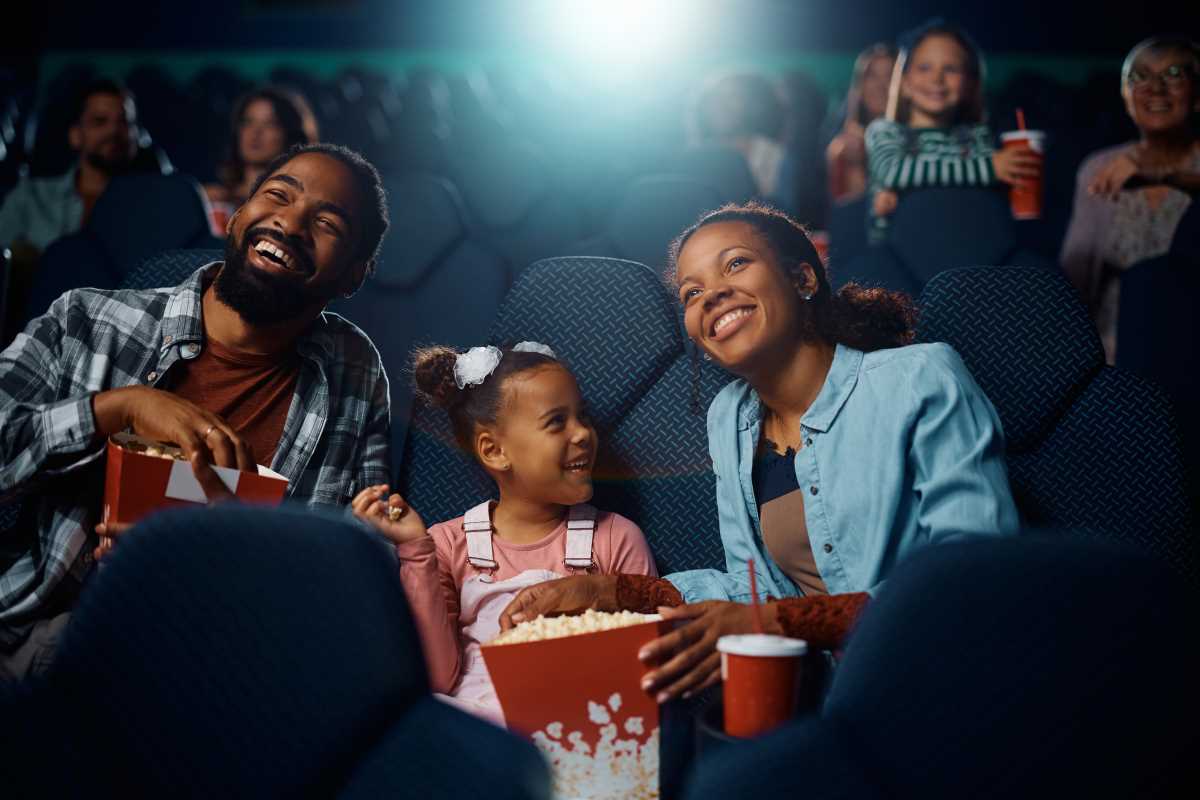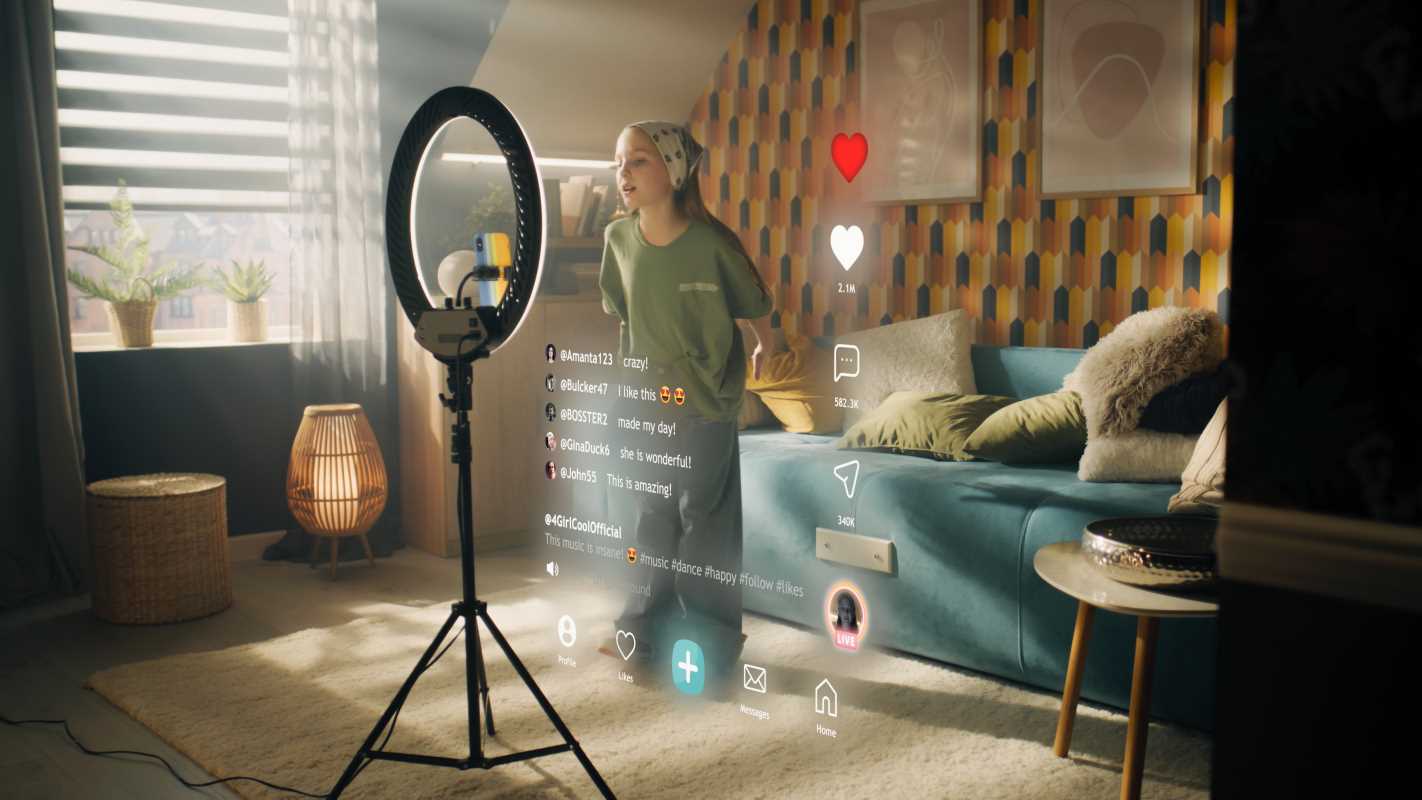In recent years, pop culture has experienced an overwhelming surge of nostalgia. It seems that every other movie, TV show, or song references or reimagines something from the past. From the 1980s to the early 2000s, pop culture is looking backward more than ever, and it’s not just about a love for vintage styles or forgotten music.
One of the most prominent ways this nostalgia has found its way into our daily lives is through movie remakes. In this article, we will explore the reasons behind pop culture's ongoing love affair with the past and why movie remakes are at the center of this trend.
A Hunger for the Familiar
As the world becomes more complex and fast-paced, it’s no surprise that people often look to the past for comfort. Nostalgia provides a sense of security and simplicity that can be difficult to find in the present. Movies, TV shows, and music that evoke memories of childhood or earlier decades offer a comforting escape. This isn’t a new phenomenon—nostalgia has always been part of human nature. However, in today’s world, pop culture's ability to tap into that desire for familiarity is stronger than ever.
Movies that look back to past eras offer audiences a chance to relive the feelings, styles, and themes that defined those times. By reintroducing classic characters, storylines, and styles, these films provide not just a sense of familiarity, but also a sense of comfort. Think of films like Stranger Things or It, which are set in the 1980s. They bring back the music, fashion, and technology of the time, but with a modern twist.
The Rise of Movie Remakes
One of the most significant expressions of this cultural trend is the rise in movie remakes. Remaking films from the past is nothing new, but in the past decade, it’s become more of a phenomenon. Classic movies, like The Lion King (2019), Aladdin (2019), Dumbo (2019), and The Jungle Book (2016), have been reimagined for a new generation, often with cutting-edge CGI and star-studded casts. While some of these remakes are well-received, others have been criticized for lacking the originality and charm of their predecessors.
For example, the 2019 remake of The Lion King used hyper-realistic animation and advanced technology to reimagine the beloved classic. While it’s visually stunning, many fans argued that it lacked the emotional depth and magic of the original, pointing out that the 1994 animated version was able to express emotions in a way that the CGI lions couldn’t. However, despite the criticisms, these remakes have proven to be financially successful, showing that audiences are still drawn to these reimagined stories.
Why Are Remakes So Popular?
There are several reasons why the past continues to inspire so many movie remakes.
- Built-in Fanbase: Remakes capitalize on the popularity of the original films, tapping into the nostalgia of those who loved the classic versions. People are already emotionally connected to these stories, and the remake offers an opportunity to revisit those memories while updating the material for a modern audience. The success of films like Beauty and the Beast (2017) and Cinderella (2015) can be attributed, in part, to the built-in fanbase of the animated versions.
- Technological Advancements: Today’s filmmakers have access to technology that allows them to create stunning visuals and effects that weren’t possible when the originals were made. The use of CGI, motion capture, and other advanced filmmaking techniques enables directors to bring beloved characters and stories to life in new ways. This is particularly evident in remakes of animated classics, where the use of hyper-realistic visuals gives the films a new sense of life.
- Generational Appeal: Movie remakes are often aimed at younger audiences who may not have seen the original versions. By remaking a classic movie, filmmakers can introduce it to a new generation while still holding onto the elements that made the original so special. In this way, remakes bridge the gap between generations, allowing people of all ages to enjoy the same story.
- Familiarity and Comfort: As mentioned earlier, nostalgia offers a comforting escape from the complexities of modern life. The familiar plotlines, characters, and settings of remakes provide a sense of emotional security. For those who grew up watching these films, the remake is a way to reconnect with the past while enjoying a modern version of the story.
The Risk of Over-Reliance on Nostalgia
While nostalgia-driven remakes are undoubtedly popular, there is a downside to this trend. Some critics argue that the constant stream of remakes and reboots indicates a lack of original storytelling in Hollywood. In the pursuit of guaranteed financial success, studios are relying on past successes instead of taking creative risks. This reliance on nostalgia has led to a wave of uninspired films that are more about cashing in on previous successes than pushing the boundaries of cinema.
Furthermore, some remakes have been criticized for not doing justice to the original material. Fans of classic films often feel that remakes fail to capture the magic and heart of the original, and that updating or changing certain elements can diminish what made the original so great. For example, while Ghostbusters (2016) was an attempt to reboot the beloved 1980s classic, it was met with mixed reviews, with some viewers feeling that the new version didn’t quite live up to the original’s charm.
The Future of Cinema
Despite the criticisms, it’s clear that pop culture’s love affair with the past is here to stay. Whether through movie remakes, television revivals, or the resurgence of past music and fashion trends, nostalgia continues to shape our entertainment landscape. As technology continues to advance, the way we experience these nostalgic stories will only become more immersive and visually spectacular.
As audiences grow increasingly accustomed to revisiting the past, it will be interesting to see whether filmmakers and storytellers can find a balance between nostalgia and originality. Will they continue to draw on the past for inspiration, or will we see a return to more innovative and original ideas?
.png)



.jpeg)
.png)

.png)